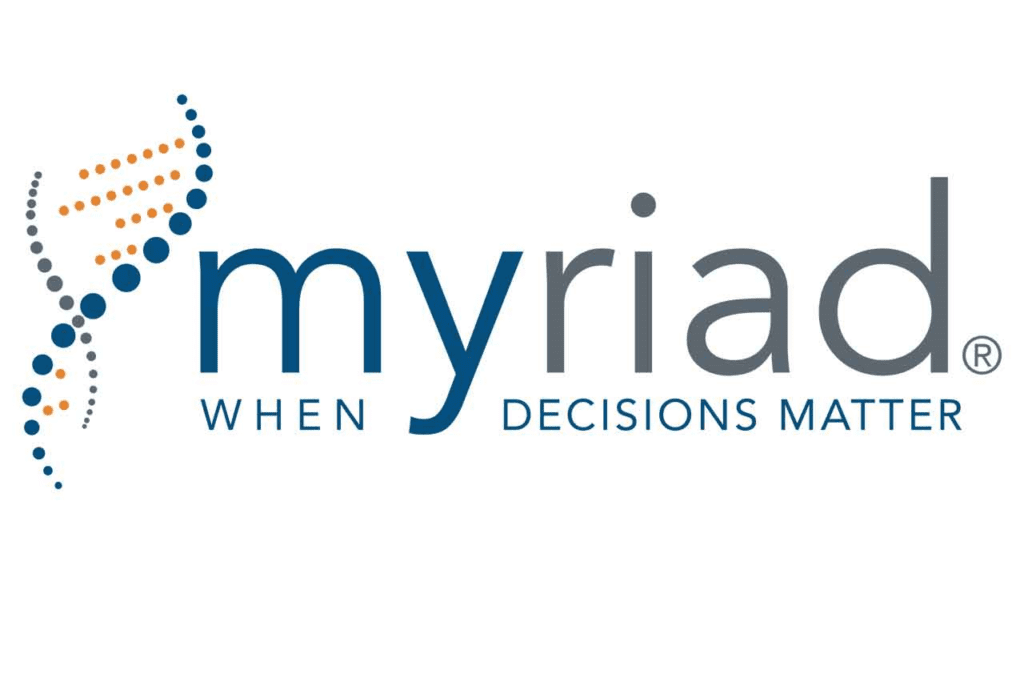MHPA Webinar: Relieving the Mental Health Burden in Medicaid Populations
August 26, 2020, 3:00-4:00pm ET


Medicaid is the single largest payer in the country for behavioral health services, and it is estimated that nearly a third of beneficiaries have been diagnosed with depression. The COVID-19 pandemic has exacerbated the mental health crisis, especially for vulnerable populations, including individuals with low-incomes and complex medical, behavioral health and social needs, necessitating creative solutions to relieve the impact on Medicaid populations. Specifically, in the area of Major Depressive Disorder (MDD), a combination of pharmacologic and nonpharmacologic treatments comprise the standard of care; however, fewer than half of all patients respond well to their first prescription and the subsequent “trial and error” approach subjects patients to successive medication trials and side effects and leads to increased healthcare costs. Register now for this webinar to learn more about a new technology that can optimize the current standard of care in MDD including:
- Recent data demonstrating how the incorporation of GeneSight Psychotropic into the treatment of MDD, a Medicare-covered pharmacogenomics test, may improve symptoms, response and remission.
- How GeneSight guided care may reduce healthcare costs, and
- How GeneSight can be incorporated, via technology and remote-ordering, into the standard and tele-health treatment workflows.
Speaker: Mike Jablonski, Ph.D., M.S. VP of Medical Affairs, Myriad Genetics

A medical affairs and translational research professional, Michael Jablonski brings over 15 years of experience in neuroscience, genetics, and personalized medicine in biotechnology and academic research. As vice president of Medical Affairs, Michael provides strategic direction for field medical and medical information including positioning of research and development strategies for Myriad Neuroscience products.
Michael has published extensively in the fields of psychiatry, ALS, Parkinson’s disease, and sleep medicine and holds multiple patents for novel treatments of neurodegenerative diseases demonstrating his experience in translating scientific knowledge to improve treatment options for patients. Michael earned a Ph.D. in neuroscience from Thomas Jefferson University, a M.S. in medical sciences from Drexel University, and a B.A. in psychology from Northwestern University.
